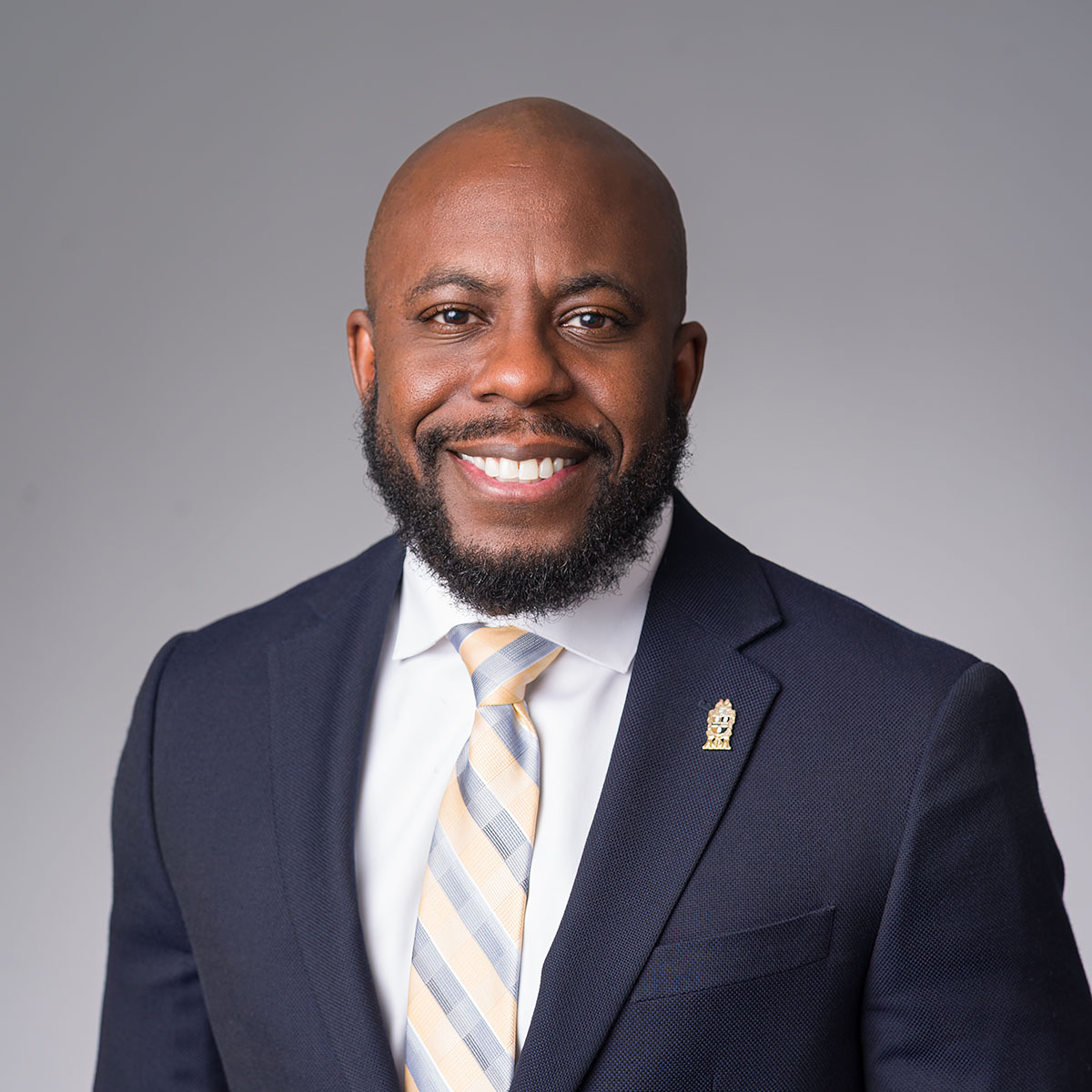From Residency to Riches? A Doctor’s Guide to Managing New Income Wisely.
- Damon C Collins, MBA, AWMA®, AAMS®, CFEI®

- May 16, 2025
- 4 min read

After years of rigorous training, long nights, and modest paychecks, physicians completing residency finally leap into full-time practice. With this transition often comes a dramatic jump in income, one of the largest a professional will experience in a lifetime.
But with great income comes great responsibility.
In this blog, I will explore :
How does income change after residency
Common financial pitfalls new attendings face
Strategic steps to manage newfound income
The benefits of hiring a financial planner/advisor
1. The Residency-to-Attending Income Jump
Most doctors earn between $60,000 and $80,000 annually during residency, depending on the program and location. Once residency ends and full-time practice begins, that number often triples or more.
According to the American Academy of Family Physicians and ANM Healthcare, primary care physicians may start between $236,079 and $251,00 annually.
Specialists (e.g., anesthesiology, dermatology, radiology) often earn $300,000 to $ 500,000 or more.
Those in private practice or high-demand specialties may surpass $600,000 with experience.
This sudden surge in financial income can feel liberating and overwhelming, especially after years of financial sacrifice. It is common and normal to have both emotions.
2. The Danger of Lifestyle Inflation
As income rises, it's common to feel the urge to "treat" yourself. Nonetheless, many new doctors succumb to the lifestyle inflation trap—rapidly enhancing their cars, homes, vacations, and spending habits to align with their increased salary. While treating yourself is the correct choice, if it's done too rapidly, it can cause other problems.
This leads to:
Increased debt
Missed investment opportunities
Delayed financial independence
Instead, it's important to slow down, celebrate modestly, and create a financial plan before making big purchases.
3. Smart Financial Moves to Make
These are the essential steps that every new physician should follow:
a. Pause and Plan
Before making significant financial commitments, take 6–8 months to understand your new cash flow and learn how the money works for your current situation.
Identify your short-term and long-term goals.
b. Build (or Rebuild) an Emergency Fund
Aim for 3–6 months or up to 8 months of living expenses. This is probably the best opportunity to save more due to the high increase in income. Remember, you were living on a lower salary before the income increased. So, continuing to live modestly for a few more months will benefit you.
Using high-yield savings accounts, money market funds, and CDs allows you to collect compound interest on those saved funds.
This acts as your financial safety net for unexpected expenses or job transitions.
c. Attack Student Loans Strategically
Apply for Income-Driven Repayment (IDR) programs for your student loans, such as Income-Based Repayment Plan (IBR Plan), Income-Contingent Repayment Plan (ICR Plan), Revised Pay As You Earn Repayment Plan (REPAYE Plan), Pay As You Earn Repayment Plan (PAYE Plan).
Determine if you're eligible for Public Service Loan Forgiveness (PSLF) or if refinancing is a good option.
High earners not pursuing PSLF may benefit from aggressive repayment or private refinancing for lower interest rates.
d. Maximize Retirement Contributions
Participate in employer-sponsored plans such as 401(k) or 403(b) and aim to max out your contributions ($23,500 for 2025) to the retirement plan early in your career.
Open and fund a Backdoor Roth IRA to take advantage of tax-free funds in retirement.
Consider a taxable investment account once tax-advantaged spaces are filled.
e. Get the Right Insurance
Secure own-occupation disability insurance, which protects your income if you can't practice.
Consider life insurance if you have dependents or financial obligations.
f. Create a Budget
Utilize budgeting apps, tools, or spreadsheets to monitor your monthly expenses.
Consider developing a budget plan aligned with your lifestyle comfort, such as a 40/30/30 approach. Allocate 40% of your funds to necessities, 30% to desires, and 30% to savings and investing. Other methods are 50/30/20 - 33/33/33 or 75/15/10.
Consider using zero-based budgeting to stay intentional with your money.
4. Why Hiring a Financial Planner/Advisor Can Help
Many physicians didn't take courses on finance, and even if you're good with money, a second opinion can add significant value. And with the busyness and long hours that medical doctors endure, it is a good idea to work with a trusted advisor who can help navigate your goals.
Benefits of Hiring a Financial Planner/Advisor:
Tailored financial strategy based on your income, debt, goals, and tax situation.
Investment guidance beyond generic advice.
Help navigating loan repayment, insurance, estate planning, and retirement accounts.
Accountability to stay on track and avoid emotional decision-making.
✅ Tip: Work with a fee-only, fiduciary financial advisor—someone who doesn’t earn commissions for selling you products and is legally obligated to put your interests first.
5. Final Takeaway:
Transitioning from residency to practice is more than a financial upgrade; it's a pivotal life moment. How you manage your money in these first few years can set your career trajectory. With thoughtful planning and proper financial guidance, you can achieve financial independence. You've worked hard to earn this income. Now it's time to let your money work just as hard for you.
Collins Wealth Management LLC is a Fee-only, fiduciary Registered Investment Advisor firm. The information herein is intended for educational purposes only and is not exhaustive. Diversification or any strategy that may be discussed does not guarantee against investment losses, but is intended to help manage risk and return. If applicable, historical discussions or opinions are not predictive of future events. The content is presented in good faith and has been drawn from sources believed to be reliable. The content is not intended to be legal, tax, or financial advice. Please consult a legal, tax, or financial professional for information specific to your situation.




Comments